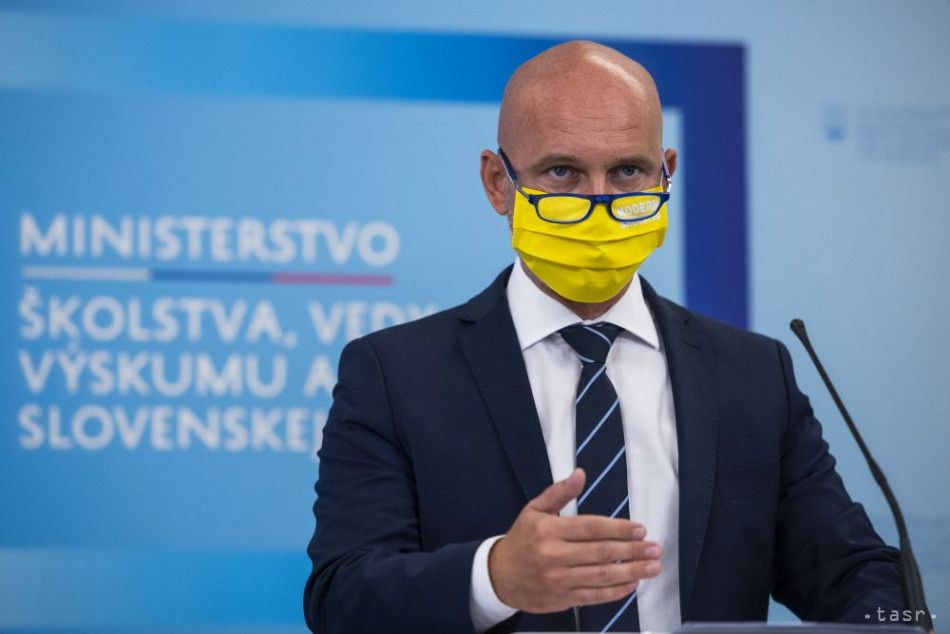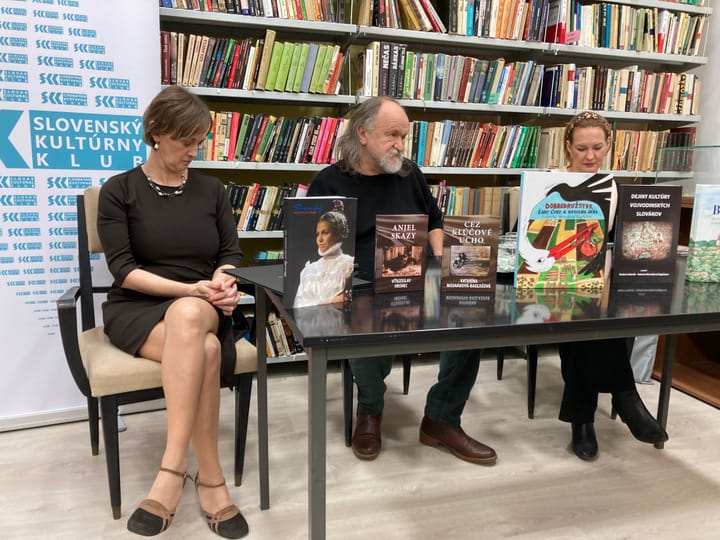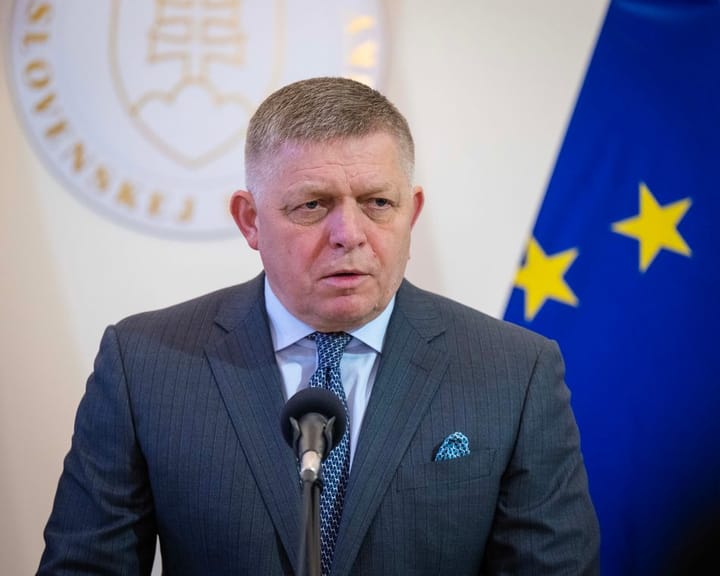Groehling: We're Drawing First €15 million from Recovery Plan

Bratislava, September 21 (TASR) – The first €15 million, which the Education Ministry is about to draw from the recovery plan, will be focused mainly on students from socially disadvantaged backgrounds and pupils who are threatened by failure at school, Education Minister Branislav Groehling (Freedom and Solidarity/SaS) announced at a news conference on Tuesday.
The measures should be aimed at school clubs, nursery school staff and tutoring, said Groehling. “Our goal is to support such pupils from nursery to secondary school and to help them succeed in this way,” stated the minister.
According to Groehling, the money will go on four kinds of investment. The first one is a call for assistant pedagogues for nursery schools. “Assistant pedagogues will primarily focus on five-year-old children from disadvantaged backgrounds or children with disabilities,” said the minister, adding that such staff will be hired for 340 nursery schools. The total allocation for this amounts to over €8 million.
The ministry also wants to support school clubs. “Regular attendance of school clubs is very helpful for pupils, but some parents can’t afford to pay the monthly fees. Therefore, we’ll refund monthly fees for school clubs for children from socially disadvantaged environments,” said Groehling. This might concern 17,500 pupils monthly. The total investment in this area will be €2.2 million.
Another measure concerns tutoring at schools, the costs of which the ministry started reimbursing in the spring. It will continue to do this, with the budget amounting to €3.75 million. “This year, between 24,000-40,000 pupils each month will be able to join the tutoring scheme. We want pupils to have tutoring provided directly at their schools, by their teachers,” explained Groehling. Such tutoring will apply to students of both primary and secondary schools.
The fourth call is aimed at the non-state sector. “We also want to address cases in which pupils need tutoring, but their school doesn’t have the staff needed for it. In such cases, NGOs, community centres or other organisations provide tutors to schools,” said Groehling.



